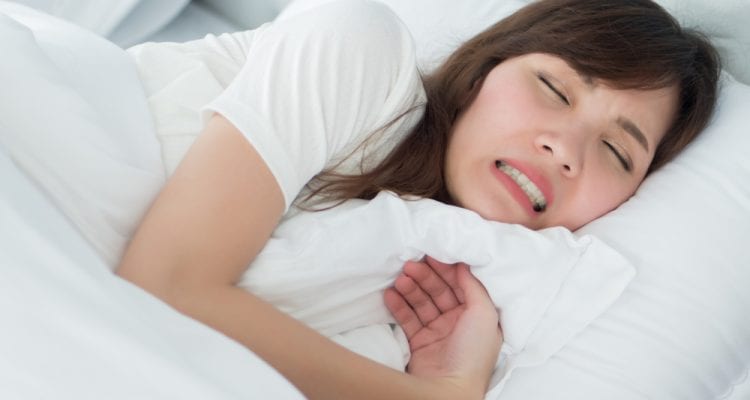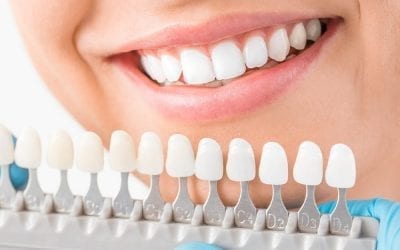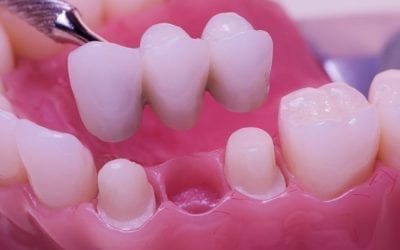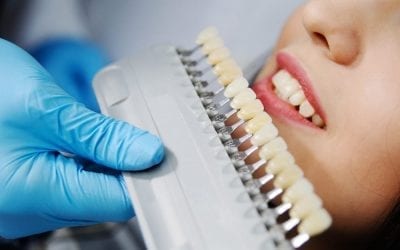Teeth Grinding – How it Damages Your Teeth and How You Can Stop It
Like many people, you brush and floss at least twice a day, visit your dentist for regular check-ups, and try to avoid sugary food that damage your teeth. However, you could be engaging in a habit that causes terrible damage to your teeth and may not even know it. Bruxism, better known as teeth grinding, often happens at night while people are asleep, but it can also be a sign of stress during the day.
How to Tell if you Grind Your Teeth
If you grind your teeth while you sleep, you might wake up with a headache or sore jaw, or your partner might complain about the noise you make. Depending on the severity of your bruxism, you could also wake up with stiff shoulders and neck, pain in the ears, and have enlarged facial muscles. Your dentist should be able to tell from the wear patterns on your teeth when you go for regular dental check-up.
How Bruxism Damages your Teeth
The constant grinding of your teeth can start to wear them down and cause cracking, broken and chipped teeth, pain and sensitivity, and can even make them loose and wobbly. If you have any cosmetic dental work, your bruxism can also damage your expensive investment. Severe cases can even damage the jaw bones or cause a clicking sound in your temporomandibular joints when you open and close your mouth.
How to Prevent Damage to Your Teeth
It can be hard to stop your bruxism altogether but there are some things you can do to prevent more damage to your teeth.
A custom-made mouthguard works by cushioning your teeth and stopping them from grinding together. Of course, a mouthguard is only of use if you grind your teeth at night. You can buy ready-made mouthguards, but a custom-made one will be a perfect fit as well as softer and more comfortable.
How to Stop Grinding Your Teeth
There are different ways to stop you from grinding your teeth, and finding the cause can often help to determine the right treatment for you. Many people with sleep apnoea grind their teeth, so treatment for that may reduce the bruxism as well. You could try relaxation therapies, meditation, awareness techniques, counselling, stress reduction and improving your sleep quality. Reducing the use of stimulants such as caffeine, nicotine, alcohol and some drugs can also help a person sleep better and reduce their bruxism.
Dental Care – West Auckland
At Titirangi Dental, we provide caring, professional dental services for the whole family using the latest in dental equipment and technology. We’re dedicated to helping you maintain and improve your smile with a full range of general and cosmetic dentistry.
Call us on 09 817 6057, email us at reception@titirangi.wpengine.com, or contact us online for enquiries and expert advice about how to stop teeth grinding and repair the damage it causes.





